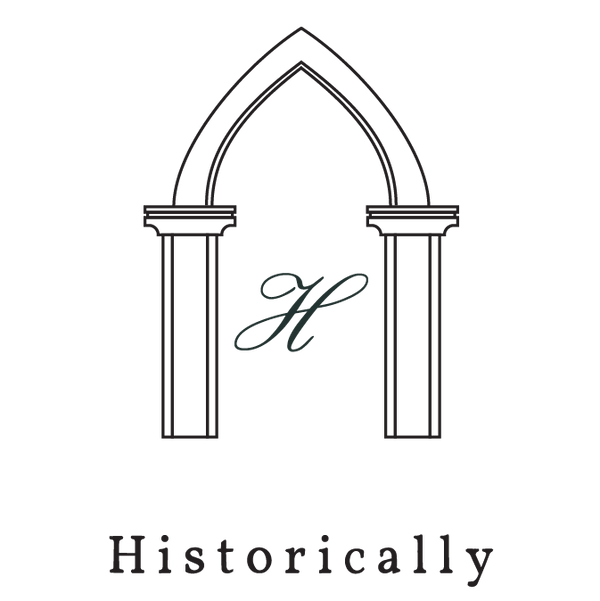The name for Easter is believed to have come from, none other than this month's candle inspiration, Eostre, the anglo-saxon and germanic goddess of spring and fertility. She was first mentioned in an 8th Century text written by Saint Bede, where he spoke about the festivals that were celebrated in her honour.
Eosturmonath has a name which is now translated "Paschal month", and which was once called after a goddess of theirs named Eostre, in whose honour feasts were celebrated in that month. Now they designate that Paschal season by her name, calling the joys of the new rite by the time-honoured name of the old observance.
De mensibus Anglorum, "The English months" by Bede, translated by Wallis 1999
Unfortunately, Bede is the only source of its time to reference the goddess and thus its legitimacy has long been debated.
Other options for how the festival gets its name lies simply in its etymology. Eostre, which has since transformed to Easter in modern english, derives form the germanic "austron", where "aus" means to shine. (Interestingly this is also where the word east comes from as the sun rises in the east!)
The Easter Bunny and Easter Eggs

“Ostera was worshiped very generally in northern Germany, and it is believed that the fame of the goddess spread to England, where the Saxons joined in worshiping her. Until the beginning of the present century court was paid to Ostera by the kindling of great bonfires and in other ways, and even to-day in some of the remote districts where many superstitious beliefs are treasured by the peasantry the fame of Ostera still lives.” https://chroniclingamerica.loc.gov/lccn/sn95069780/1903-04-09/ed-1/seq-6/?loclr=blogflt
Eostre has taken on a mythical quality and for a long time it was believed by many that the symbolism of eggs and hares at Easter was an ancient tradition inspired by the goddess.
In Germany there is a folktale that a bird was turned into a hare by Eostre but still had the ability to lay eggs. From what I can gather, this tale and connection to Eostre was first mentioned in the ninteenth century and thus not quite as old as many would like to believe!
As for Easter Eggs, eggs have been associated with spring and fertility since antiquity with early Christians in Mesopotamia dying eggs in the period following Easter.
Furthermore during the period of lent, eggs were one of the food items to be prohibited during the 40 days and such they were eagerly anticipated when they could be enjoyed again Easter Sunday.
It has been fascinating researching all of this and I hope you have enjoyed reading!
Sources:
https://blogs.loc.gov/folklife/2016/04/ostara-and-the-hare/
https://www.english-heritage.org.uk/visit/inspire-me/blog/articles/why-do-we-have-easter-eggs/

